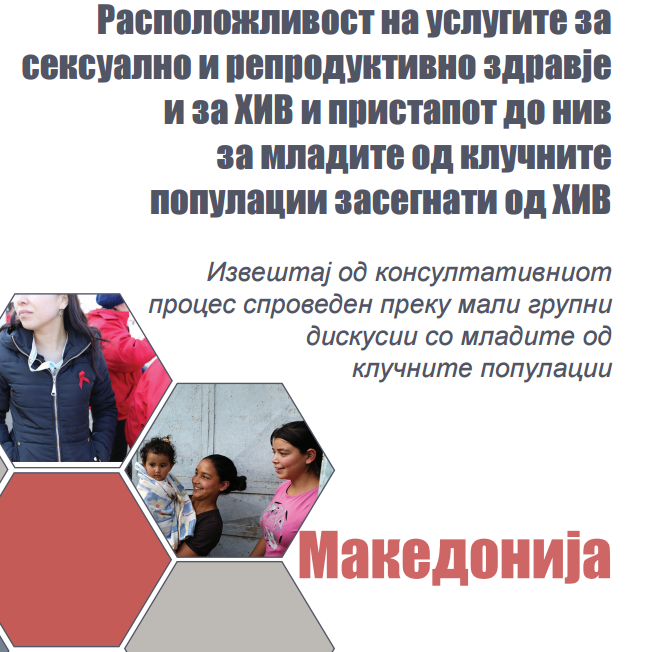The Dynamics of the Queer Movement in Turkey before and during the Conservative AKP Government
Since 2002, the conservative Justice and Development Party (Adalet ve Kalkınma Partisi – AKP) singlehandedly runs the government in Turkey. At the same time, lesbian, gay, bisexual, trans, and intersex persons (LGBTI or queer) have become increasingly visible and have begun to assert themselves in various state and non-state areas. LGBTI visibility reached its highpoint during the Gezi protests that took place in the summer of 2013 around Taksim Square in Istanbul, when LGBTI activists joined the protest along with other civic initiatives, political parties, and national and international human rights organizations. This cooperation made it possible for the queer movement to voice its concerns in the agendas of political parties, human rights organizations, and (research) institutes, and to demand recognition and acceptance for the queer movement at the civic level. In western societies the question has been raised of how this was all possible in light of the political agenda of the AKP, founded by today’s president Recep Tayyip Erdoğan. LGBTI people and the ruling party are seen as opponents, foreign to one another, with each rejecting the other. In fact, LGBTI people do not feel represented by the AKP, and the AKP does not take their demands seriously. For example, police used water cannons to disperse the most recent LGBTI Pride Parade in Istanbul in June 2015, which has been harshly criticized by human rights organizations in Turkey and in Europe. In this sense the queer movement reflects the dynamic of Turkish civil society in an exemplary way. The experiences of the movement show that, even in the Turkey of the AKP, there is a willingness and potential for social transformation and further democratization. This working paper outlines the current situation, demands, and social status of the LGBTI community in Turkey and poses the following questions: How can the emergence of the queer movement in Turkey be explained, and what phases of development has the movement gone through? How can we assess the legal situation of LGBTI people in Turkey today? What laws is the sustained discrimination based on? What are the demands that the movement’s representatives bring to civil society and to politics? How do the established political parties react to LGBTI demands? What successes can the LGBTI community point to in local government and party politics? Finally, we must pose the question of how Europe should behave with regard to the asymmetrical relations between the conservative government and politically active minorities – who despite everything are still widely discriminated against.











